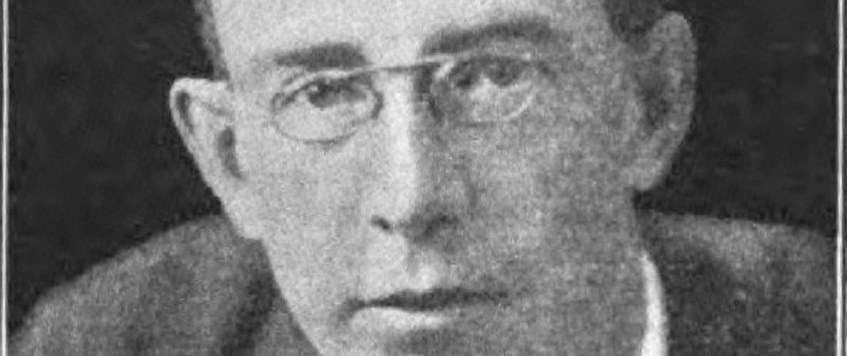
'Utterly Immoral, Robert Keable and his scandalous novel.' by Simon Keable-Elliott
Robert Keable was a chaplain in the First World War who, after the war, wrote a novel called Simon Called Peter which shone a light on life behind the front lines during the war. The central story centred on an affair between a chaplain and a nurse. The book was slated by the critics and considered so ‘utterly immoral’ by F Scott Fitzgerald that he mocked it in The Great Gatsby. It became a huge international bestseller and despite being banned in parts of America went on to spawn a Broadway play and the sequel became a Hollywood Movie.
The author’s life was truly extraordinary. As a child he was an evangelical preacher. He won a scholarship to Cambridge, became a priest, worked in Zanzibar and Basutoland as a missionary and gained a reputation as a writer of devotional books. He recruited black labourers to help with the war effort and in 1917 travelled to France as chaplain to the South African Native Labour Corps (SANLC). Witnessing the appalling racism the men faced ‘changed him’, as well as an affair with a 19 year-old lorry driver called Jolie. He left the church and after a year as a teacher back in England he fled the country to go and live in Paul Gauguin’s house in Tahiti. He continued to write and later ‘married’ a Tahitian princess.
Simon’s talk centres on Robert Keable’s time with the SANLC, recruiting in Basutoland and then accompanying the men to Le Havre. It also looks at the reaction to his wartime novel, Simon Called Peter.





